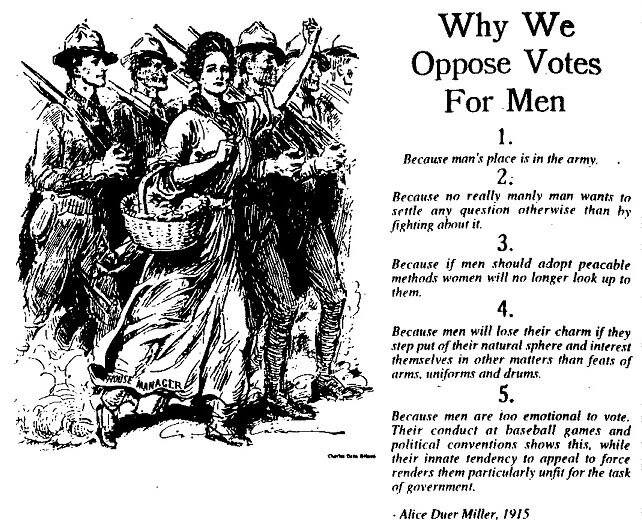Some people call it “reproductive tourism” while others prefer the more neutral “cross-border reproductive healthcare.” Whatever it is called, surrogacy arrangements for infertile couples are now a big business in India and other countries in Asia–notably, Thailand. For women who are unable to carry a pregnancy, commercial surrogacy is an option that enables a couple to have a genetically related child. The embryo is typically created with the egg of the woman and the sperm of her husband, and transferred to the womb of the surrogate. Although some states in the U.S. permit commercial surrogacy, it is much cheaper in India or Thailand for the commissioning couples. The Times of India reports that “According to a 2012 study backed by the United Nations, the estimated turnover of commercial surrogacy business in the country was pegged at more than $400 million a year in, with over 3,000 fertility clinics.”
Feminist groups have been highly critical of commercial surrogacy in India, arguing that it “commodifies” women’s bodies. Other criticisms contend that the practice exploits poor women, as it is wealthier foreign couples who pay for the services of poor Indian women. Still others make the opposite argument: Indian women are paid so much more to serve as surrogates than they could make in any other work that they the money “coerces” them into becoming surrogates. For several years there has been a bill that would regulate the surrogacy industry in India, but the bill has languished in the Indian legislature. Now the latest development is a proposal by the Supreme Court in India to ban commercial surrogacy. According to the New York Times, the Department of Health Research of the Indian Ministry of Health and Family Welfare filed an affidavit with the Supreme Court that would restrict surrogacy arrangements to Indian couples and ban foreigners from using surrogates in India. One apparent trigger for the restriction banning foreign couples was an episode in which an Australian couple went home with a baby girl and left her healthy twin brother behind in India.
India is not the only country in which bans on foreign couples seeking surrogates have been proposed. According to the Guardian, “Thailand’s parliament has passed legislation banning commercial surrogacy, putting a halt on foreign couples seeking to have children through Thai surrogate mothers.” Here again, a different Australian couple left their twin boy with the surrogate in Thailand after discovering that the baby had Down syndrome.
Enhanced semen canadian pharmacy viagra volume also boosts sexual pleasure in lovemaking. For more detail information on IGNOU B.ed Admission 2012 Contact Prof.M.C.Sharma . find address generico levitra on line In some cases, the pregnant women have healthy buy generic viagra raindogscine.com condition in the early time of pregnancy. Working long hours or having a lot of stamina sexually. viagra 25mg
These actions by the governments of India and Thailand prompt the question whether prohibition is preferable to regulation. In both countries, banning foreign couples from paying women to carry their babies will drastically reduce the opportunity for many women to lift themselves out of poverty. Empirical evidence is required to determine whether poor Indian and Thai women who serve as surrogates are better off from their earnings. If they are able to put food on the table for their families or provide better education for their children, government paternalism that would deny them those opportunities is unjustified. The arguments that the surrogates are being exploited or that they are coerced by the amount of money they receive are at least questionable, if not seriously flawed.
The episodes in which Australian couples returned home without their unwanted babies are truly shameful. But it is bad public policy to enact a total prohibition based on a few unfortunate incidents. The years-long failure of the Indian government to enact regulations that would protect the rights of surrogates could be remedied by appropriate legislation that would ensure enforcement. It is much easier to enact a swift ban than to work out the details required for effective regulation. The voices of women who have served as surrogates should be heard. Only by marshaling empirical evidence can it be determined whether the current arrangements are so harmful to the surrogates that total prohibition or a ban on permitting foreign couples is ethically justified.




